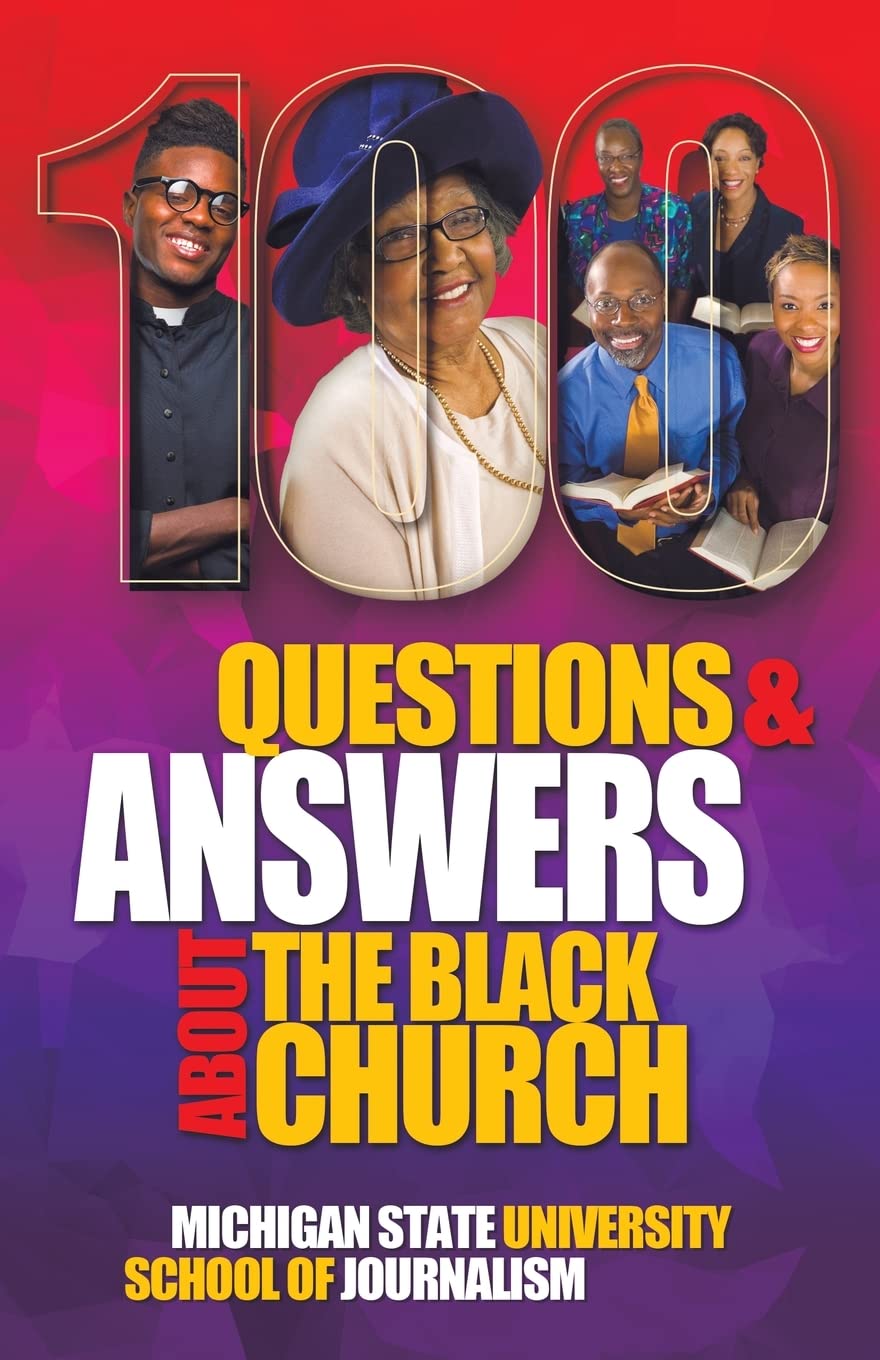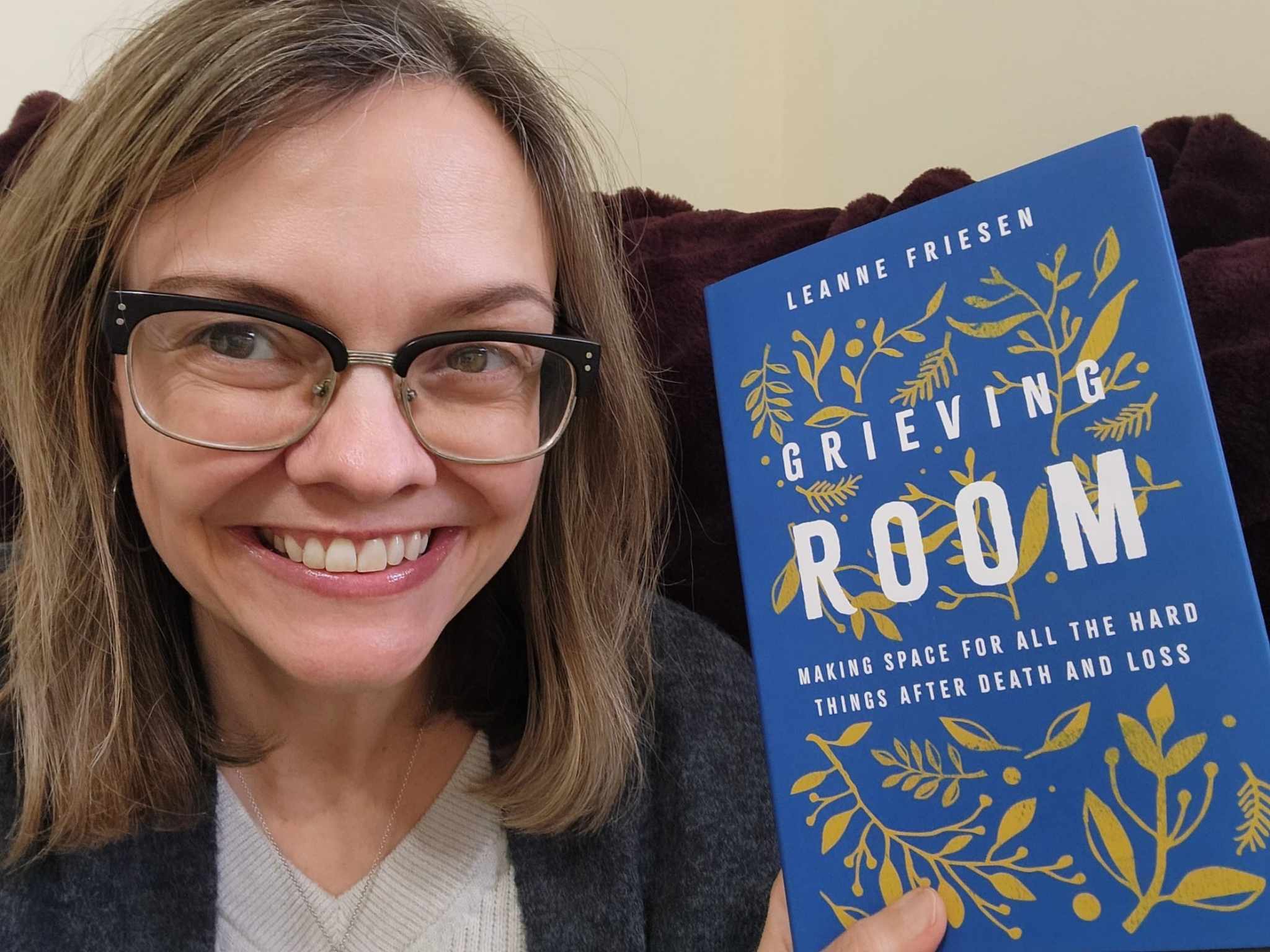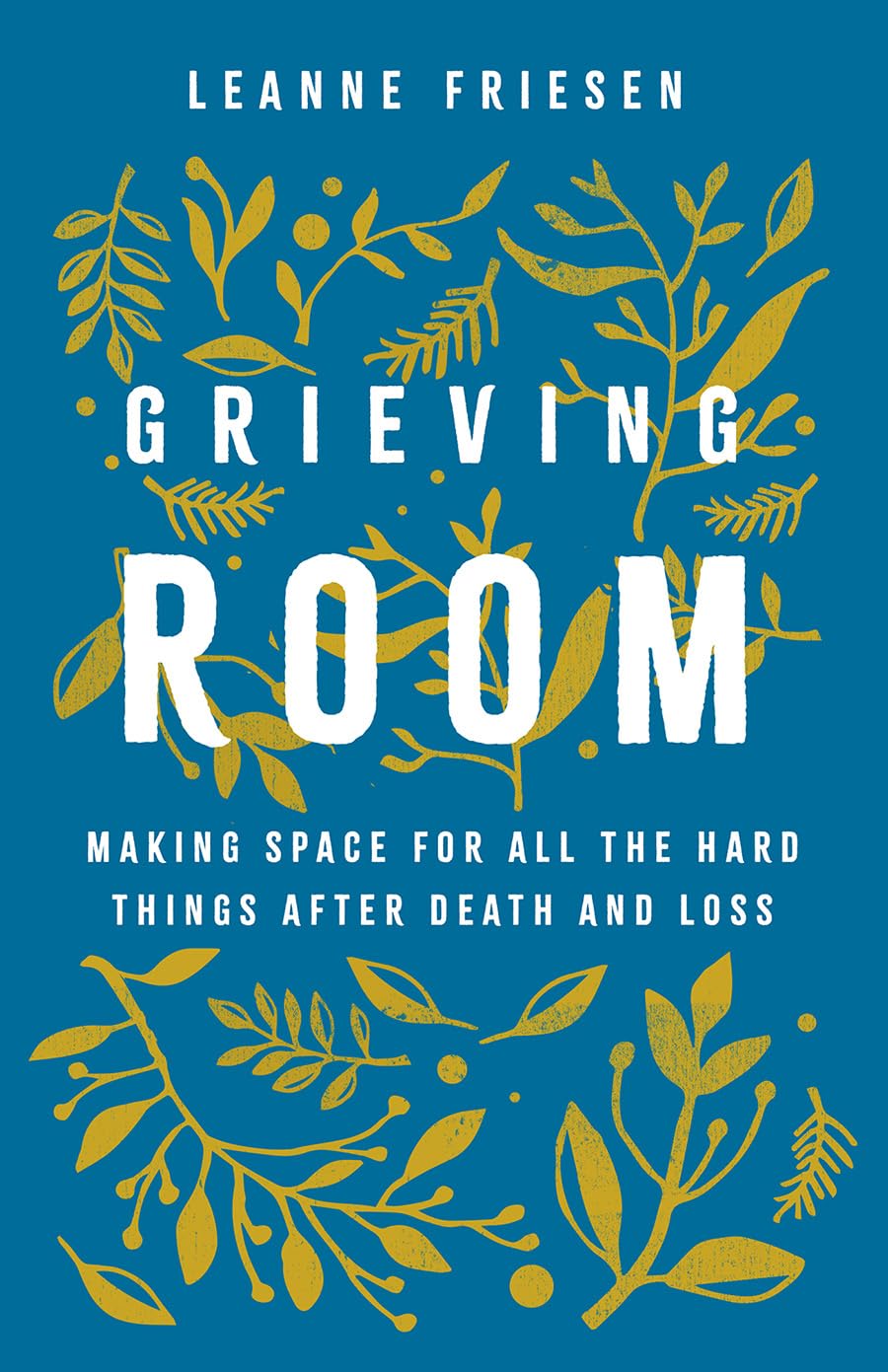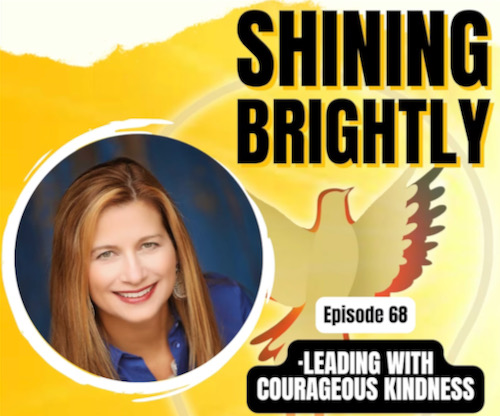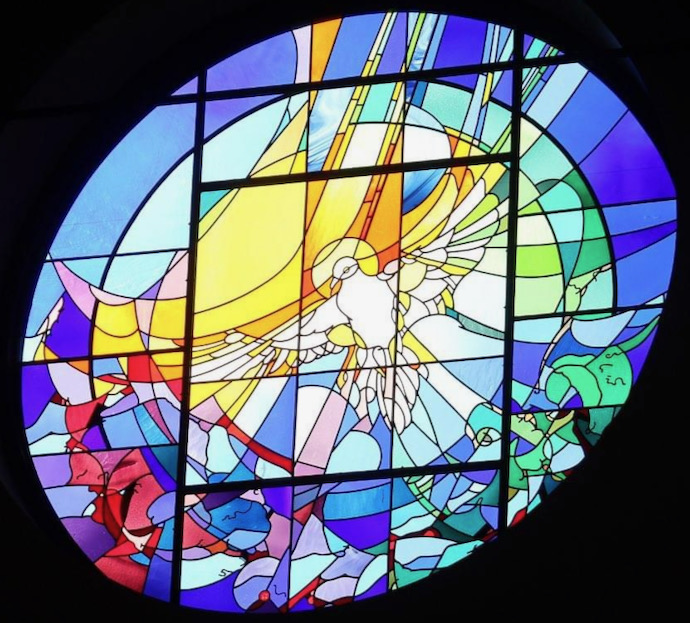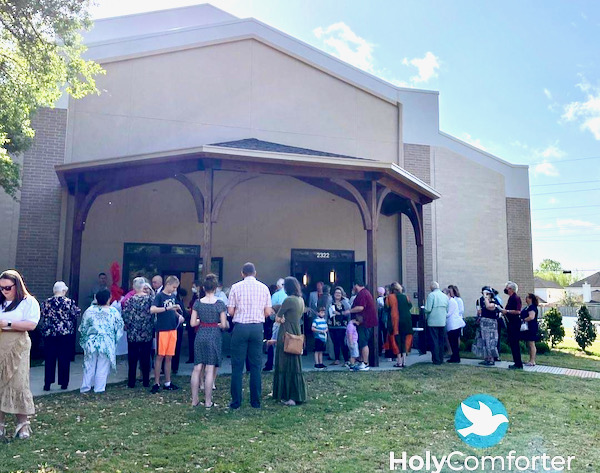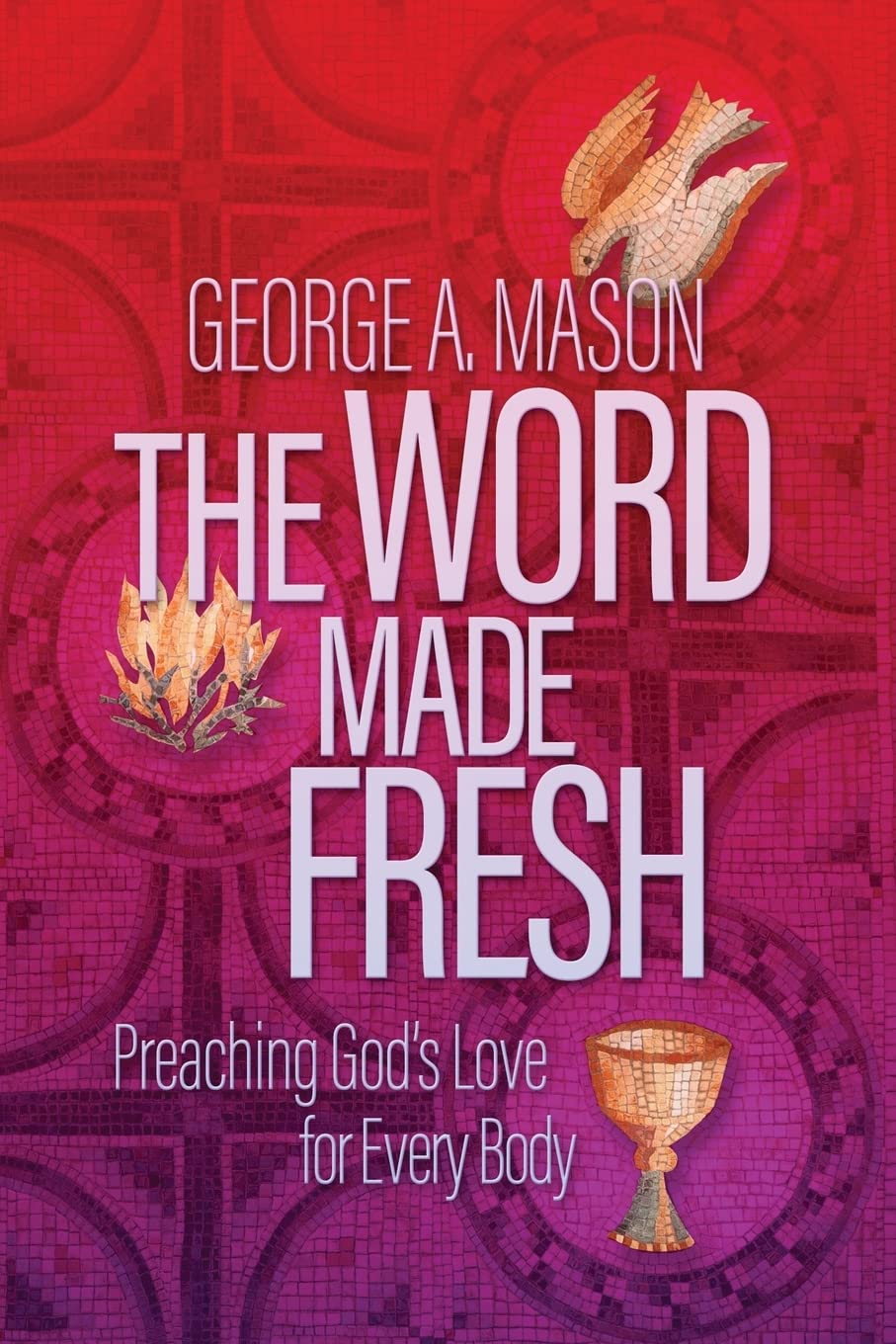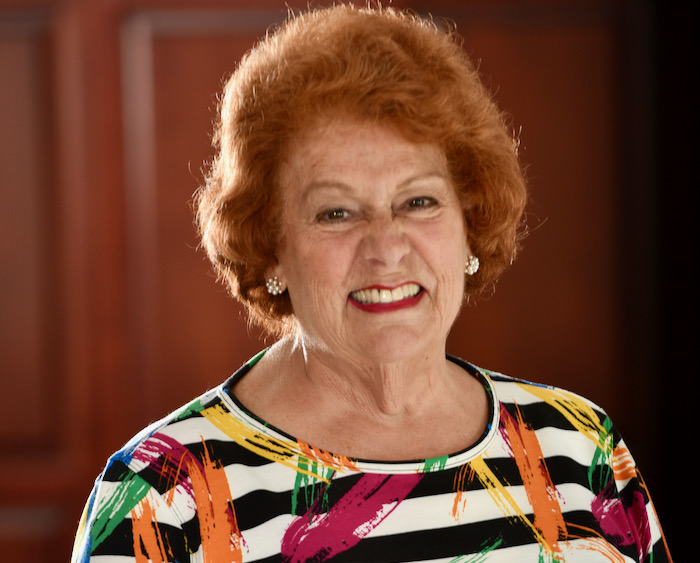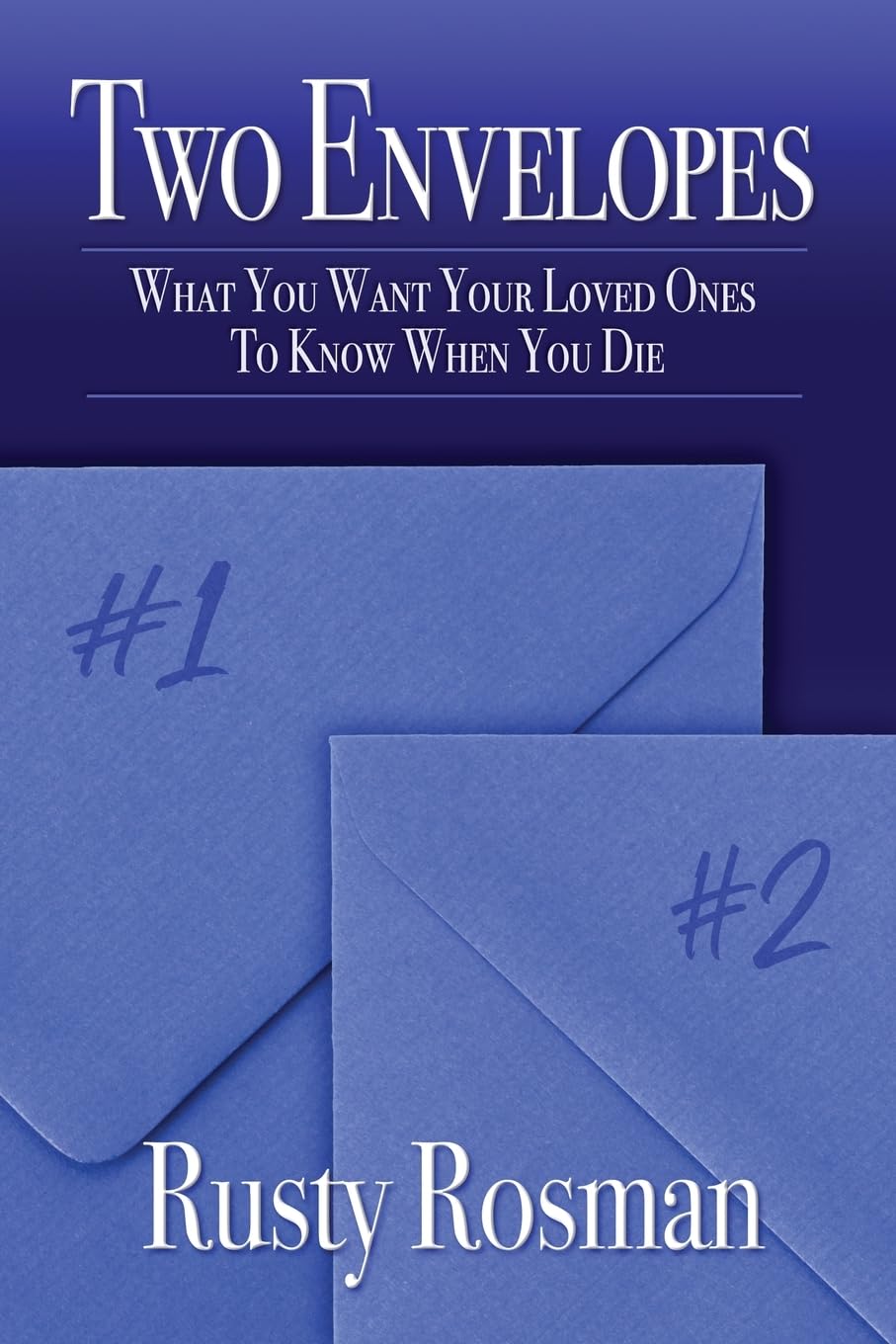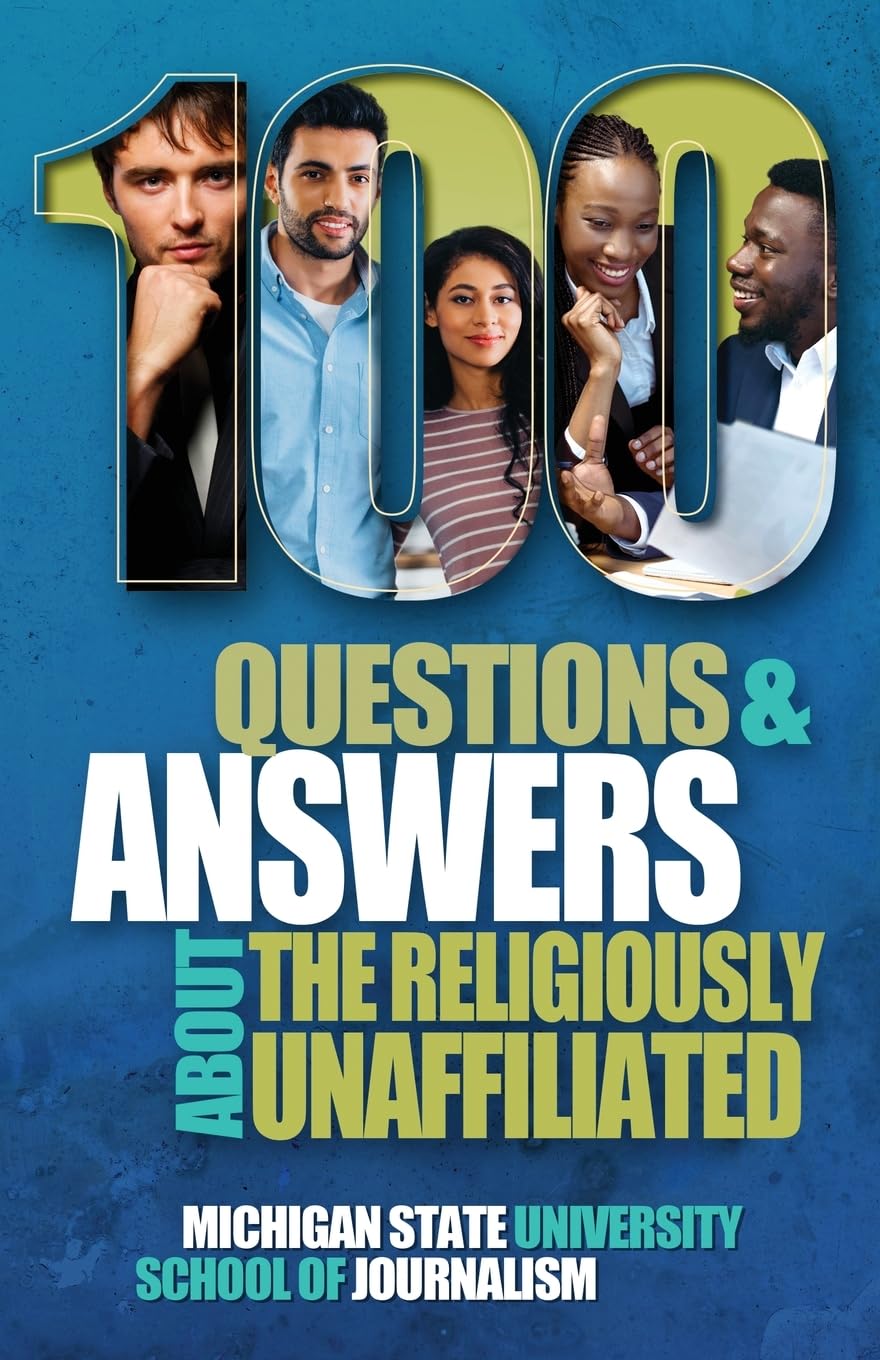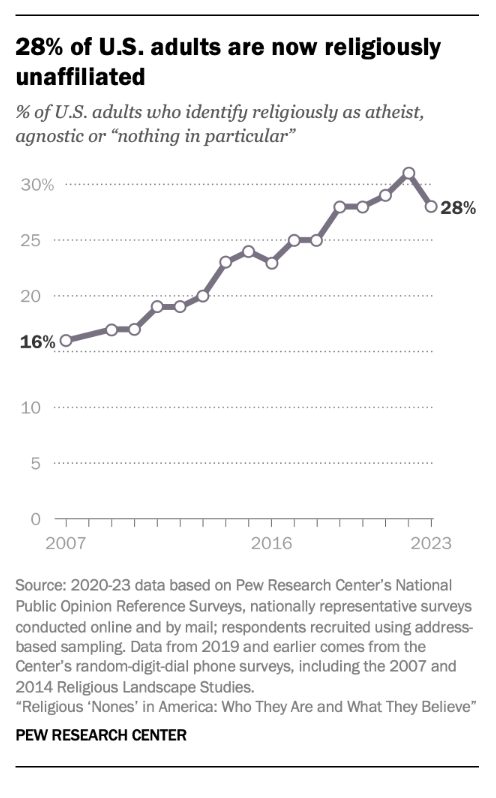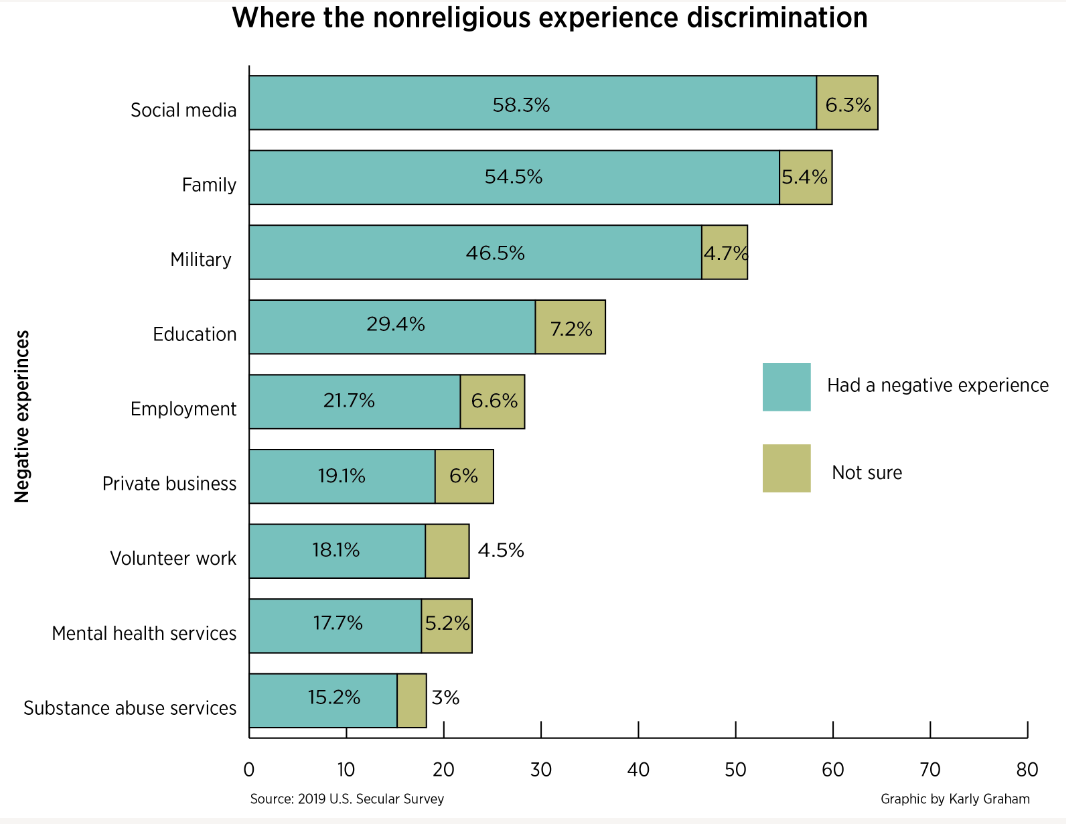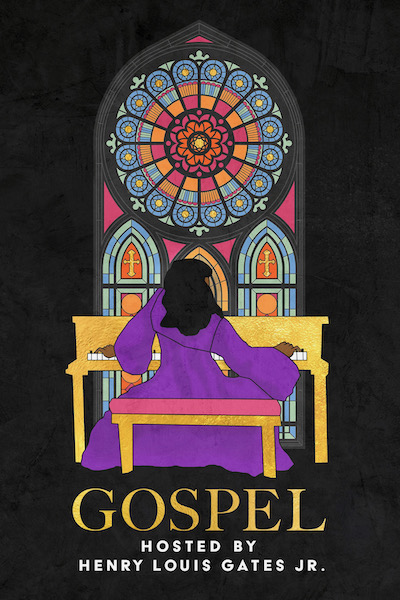
Click on this poster for the PBS series to visit the extensive website PBS has set up with supplemental materials.
By JOE GRIMM
Director of MSU’s Bias Busters
Hop aboard the PBS network’s four-part Gospel docuseries that sweeps through the origins, expansion and future of gospel music. (Click here to visit the extensive PBS website related to this series.)
Host Henry Louis Gates Jr., drives this expedition from The South through the Great Migration to Chicago, then to Detroit and eventually everywhere. Gospel music evolved and picked up steam as it grew out of safe hush harbors to small Black churches to “race music” to choirs, radio, recording contracts, television, mega churches, clubs and white and international audiences.
This project is a layered multimedia experience with wall-to-wall music. It is rare to find moments where there is not both narration or interviews and music. Video and photography as well as crawling lyrics illustrate the story and music. It commands attention.
Gates and a choir of sources—some of whom sing—tell how spirituals, blues and jazz became gospel music and how the art forms continued to change and meld. The project details the ongoing struggle between spiritual and secular performance and settings for gospel music. The dynamic tension between whether to praise or be paid, whether to play the churches or the juke joints, accelerated some careers and stalled others.
With rich archival footage and contemporary interviews, the series goes beyond the headliners—so many stars are featured—to show how the writers, ministers of music, producers, entrepreneurs and business people made gospel grow from churches to communities to the country to the anthem track for the Civil Rights movement. The series drives vertically through time and horizontally through what has become a global audience.
In framing the history, Gates says, “The Black Church has been the home of creative expression and experimentation for more than 300 years. From the beginning, this creativity was driven by the one instrument that Black people could count on when nothing else was available: The human voice.”
Gates is a professor and the director of the Hutchins Center for African and African American Research at Harvard University. He has authored dozens of books and films.
Gates is always on a roll, and that is true today. His newest book, The Black Box: Writing the Race comes out March 19. His PBS Finding Your Roots show is in its 10th season. A profile in the current February-March AARP magazine says, “Some public intellectuals win their place in society through fierce debate, showing off the sharpness of their minds during verbal attacks. But Henry Louis Gates Jr. took a slightly different path. He did it by being charming.”
That charm—Gates’ knowledge and laughter—make the Gospel docuseries engaging.
When my Michigan State journalism class was working on our book, 100 Questions and Answers About the Black Church: The Social and Spiritual Movement of a People, we provided the students copies of Gates’ The Black Church: This Is Our Story, This Is Our Song (2021) for them. His influence, of course, means that the MSU guide spends some time with gospel music.
How I wish this PBS series had been available to the student authors then! They would have loved this.
Even so, their guide can supplement PBS’ Gospel. The guide focuses on the Black Church more broadly, of course. Among the 100 questions we answer:
Why were Black Churches created?
What characterizes a Black church service?
How did the Black migration to the North affect the church?
How are Black Churches sanctuaries?
What is the minister of music’s role?
What is the Black social gospel?
What role did the Black Church have in the Civil Rights movement?
Why are movement, energy and emotion important to praise?
What is modern gospel?
How do sacred and secular music interact?
Our modest guide includes the briefest but diverse list of gospel artists, a timeline and video in which the Rev. Robert Jones demonstrates how the sacred “I Shall Overcame” became the Civil Rights anthem, “We Shall Overcome.”
The PBS series began streaming for free in February and that free version ends March 11 and 12. The DVD of the docuseries will ship from Amazon on March 19. It has lots of goodies including a Gospel Live! concert companion, trailers, behind-the scenes photos and a Spotify playlist of 162 songs.
